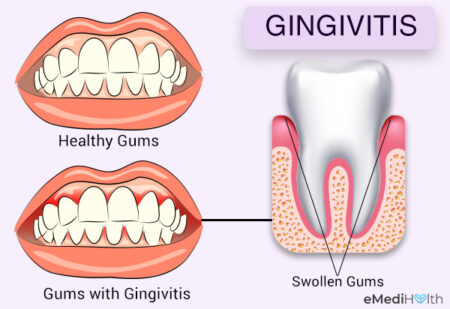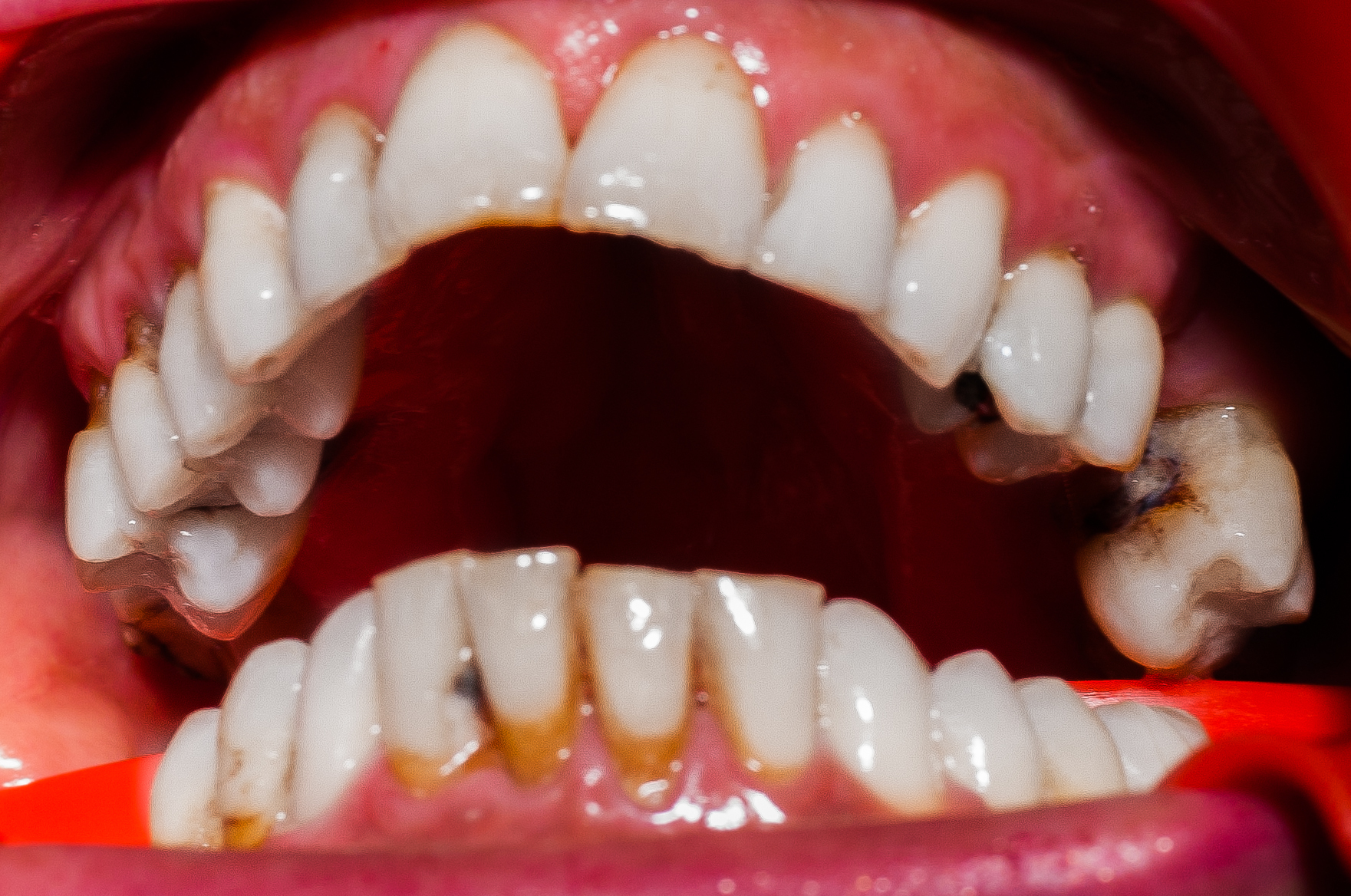
If you have diabetes, you may be wondering, "What is gingivitis?" It is a condition in which the gums become inflamed and bleed. The cause of gingivitis can be varied, but it typically has to do with plaque buildup. This biofilm is composed of several types of bacteria that can damage the gums over time. Other factors that may cause gingivitis include hormonal changes, certain medicines, and even genetics.
If you're suffering from gingivitis, it's important to visit your dentist as soon as possible. The sooner you notice any problems, the better. It's important to brush and floss twice a day and use an antiseptic mouthwash on a regular basis. You can also see your dentist, such as Dr. Herko, at New Providence Dentistry on Central Ave. If you're concerned about the symptoms of gingivitis, it is best to visit a professional as soon as you notice them.
If you're worried that you might have gingivitis, the best way to prevent the condition is to practice good oral hygiene habits. Ideally, you should brush and floss twice a day. Alternatively, you can use an antiseptic mouthwash regularly. However, if you're still concerned, you should consult with a dentist for a proper diagnosis and treatment. You can also seek treatment from a medical professional.
Prevention is better than treatment, so it is important to regularly clean the dental thread. A regular visit to a dentist will help you catch problems with elastic bands before they affect your smile. It is also important to maintain good habits of the health of the oral cavity, including the use of high -quality toothpaste with antibacterial properties. This can help prevent bleeding and keep your teeth healthy and strong. So, if you suffer from gingivitis, do not worry! Take care of yourself and your smile.
There are many misconceptions associated with gingivitis. Many people think that it is rare and that it does not cause problems, but in fact, gingivitis is the first preventive sign of severe gum diseases. Good news is that the condition is not life -threatening and does not require any medical intervention. An early diagnosis is crucial for successful recovery. For those who have a history of gingivitis, it is easy to find a dentist who is familiar with this disease.

Fortunately, gingivitis can be treated. The first step in the treatment of gingivitis is to improve your oral hygiene. The dentist can help you improve the health of the oral cavity and prevent gingivitis, regularly cleansing the tooth teeth. When you have gingivitis, you need to see a dentist as soon as possible. You will be glad that you did. A dental professional will relate to infection and make her leave.
In addition to regular dental checkups, it's important to take good care of your mouth. The best way to do that is to brush your teeth and gums with a soft brush. You should also floss between all of your teeth. Taking care of your mouth is very important. It's not enough to just brush your teeth and gums. Getting regular cleanings will make a big difference. And a regular visit to the dentist can give you the right information to help you improve your oral health.
Apart from the discomfort it causes, gingivitis can also be a warning sign of a more serious underlying condition. If the gums become inflamed, they may indicate rheumatoid arthritis. If they are red and bleed easily, they may be a sign of gingivitis. In the worst case scenario, they will rupture and fall off, and this can cause more complications.
While there are several causes of gingivitis, the main cause is poor oral hygiene. Without proper hygiene, bacteria thrive on the starch and sugar that are stuck to the teeth. When a person does not brush their teeth regularly, the bacteria feed on the sugar, and the result is a layer of tartar that forms under the gumline. The tartar shields the bacteria, but it also causes irritation along the gumline.
While there is no known cause of gingivitis, it can be caused by bacterial plaque. The plaque triggers the body's host response, which can cause the periodontal attachment apparatus to weaken and fall out. Inflammation occurs when the bacteria multiply in the mouth. Generally, this bacteria will multiply and cause the gums to look red. In severe cases, the gums will become sore and bleeding may occur. Symptoms of gingivitis can include loose teeth and difficulty eating.